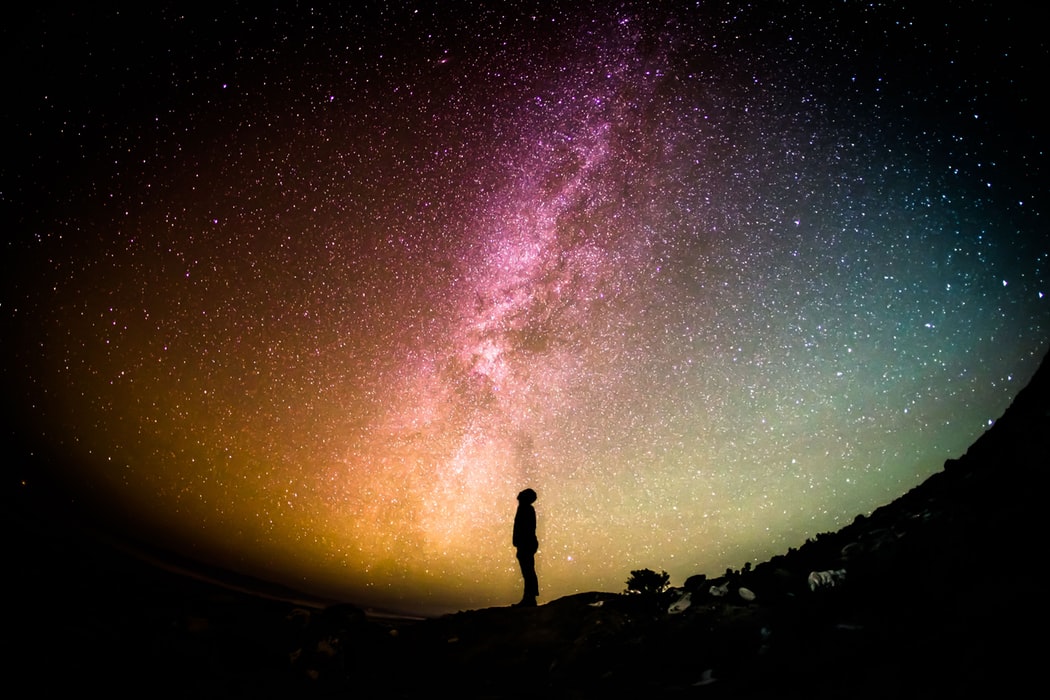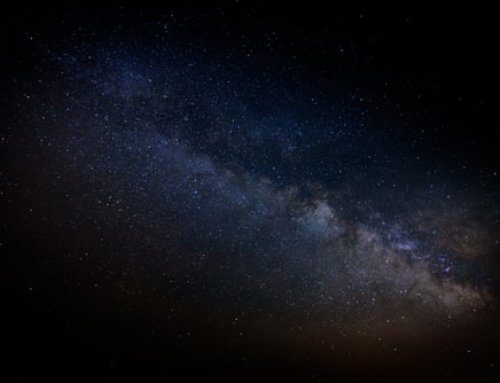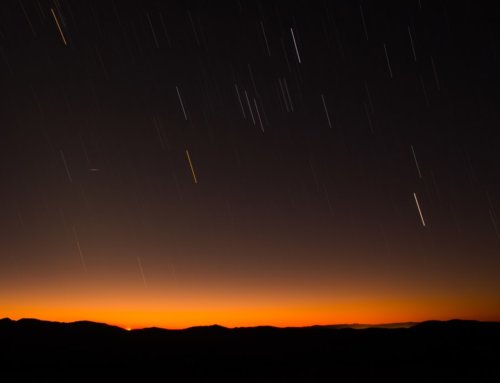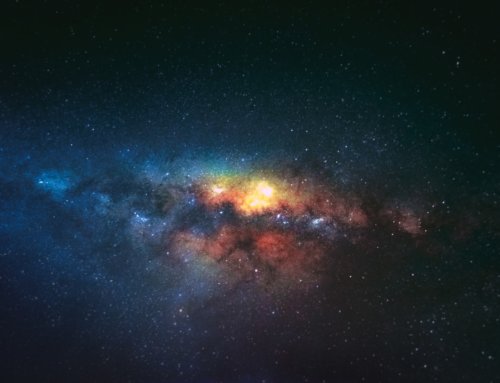Science is a field that’s fascinated people for thousands of years. The past decade of research has been especially fruitful—with the knowledge of exoplanets growing, lasers becoming faster and more powerful, and spacecrafts reaching beyond the farthest edge of Pluto, the 2010s answered questions and introduced many more about what lies beyond our atmosphere. The most significant discoveries, however, were in the realm of physics. Discovering the Higgs boson, directly detecting gravitational waves, and directly detecting the event horizon of black holes all have significant effects on the way scientists will go about their jobs moving forward into the 2020s.
What, exactly, are those effects?
The Discovery of the Higgs Boson
Through the work of the Large Hadron Collider, the largest particle accelerator made by humanity, scientists were able to finally discover what’s considered “nature’s most elusive fundamental particle.” Scientists theorized about these particles for years, and with several tests done, scientists announced in 2019 that everything they theorized ended up being 100% correct. With this success, scientists plan to rerun the Large Hadron Collider in the 2030s to perform low-energy experiments to discover more about mysteries like dark matter, dark energy, inflation, and baryogenesis.
Direct Detection of Gravitational Waves
In 2015, a new generation of gravitational wave detectors were made, and with the creation brought about a new field entirely: gravitational wave astronomy. This made the gravitational wave ripples observable and provided “identifiable signals in human-created detectors, revealing their existence directly.” As of right now, two signals have been discovered: ones that signify the merging of two binary black holes, and ones that signify the merging of two neutron stars. 2020 hopes to see the continued increase in the size, sensitivity, and scope of gravitational wave detectors to detect things such as objects falling into black holes and, potentially, the gravitational waves generated right before the Big Bang.
Direct Detection of the Event Horizon of a Black Hole
The most recent discovery is from April 2019, when we were able to get pictures of a black hole at the center of galaxy Messier 87. This feat took hundreds of scientists collecting data through radio telescopes simultaneously, and the photos only scratch the surface of what this means. It shows that we can now probe something that is continually changing, which could allow us to detect black hole flares in the near future and, in the more distant future, send radio equipment out into space and sync them with our equipment planet-side.
Overall, the discoveries from the past decade are looking bright for the decade ahead of us. There’s no telling what the 2020s may bring to the table of scientific discovery.






